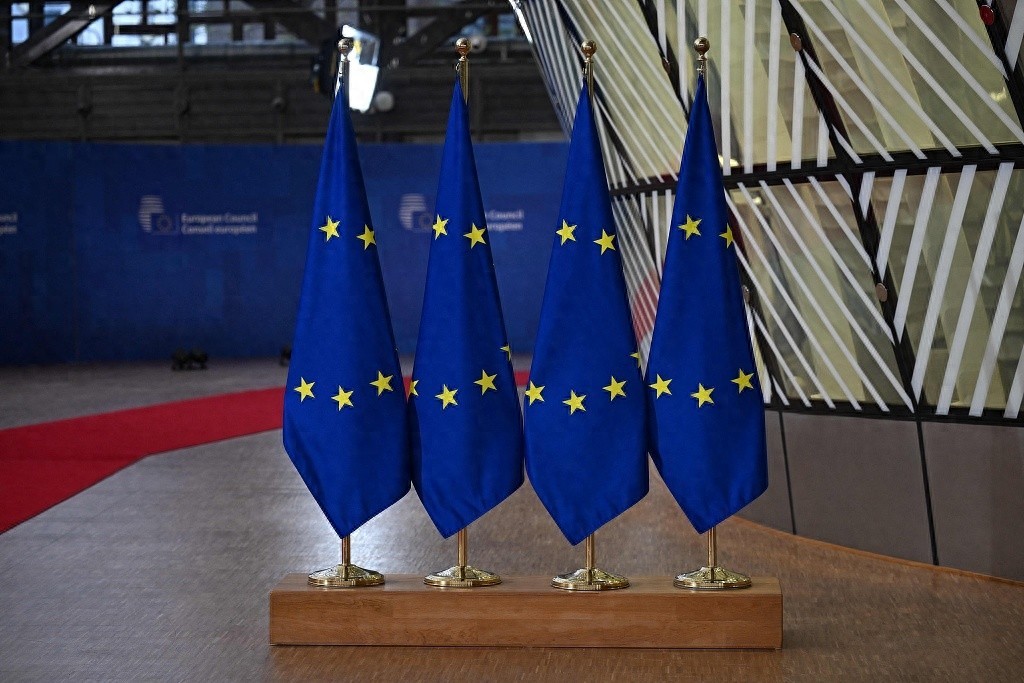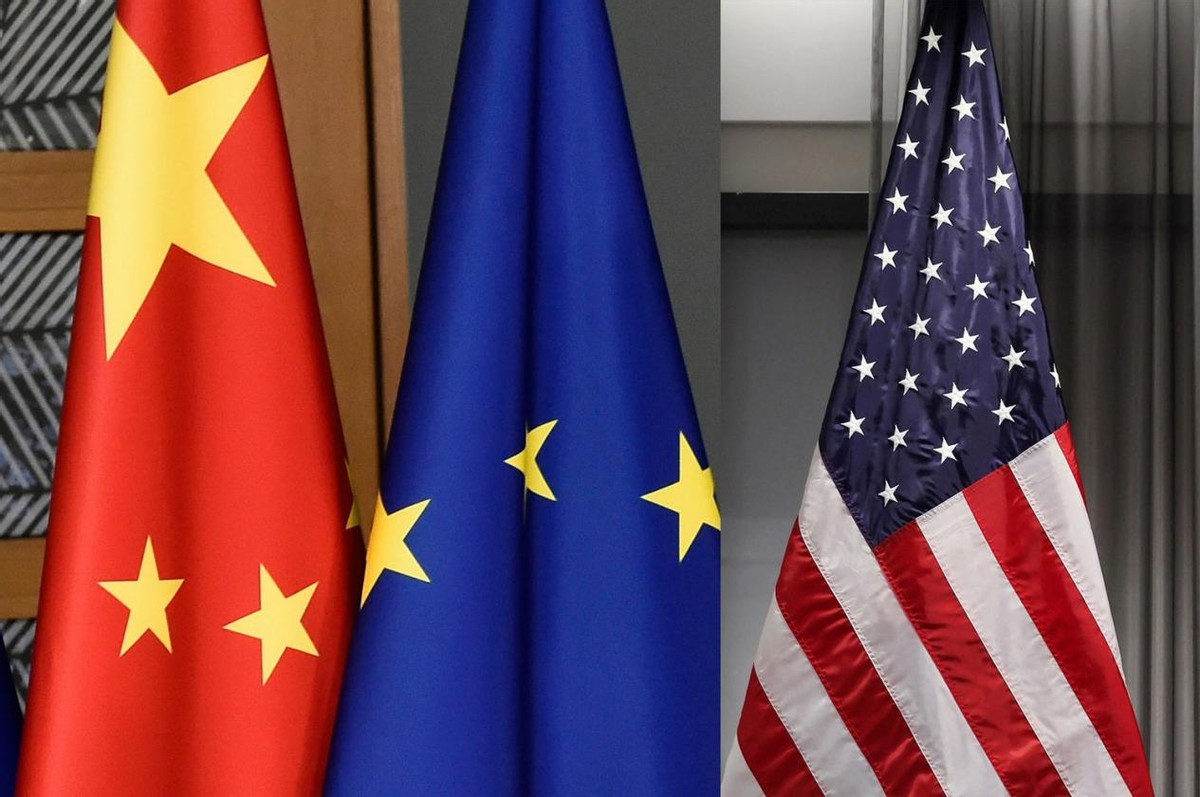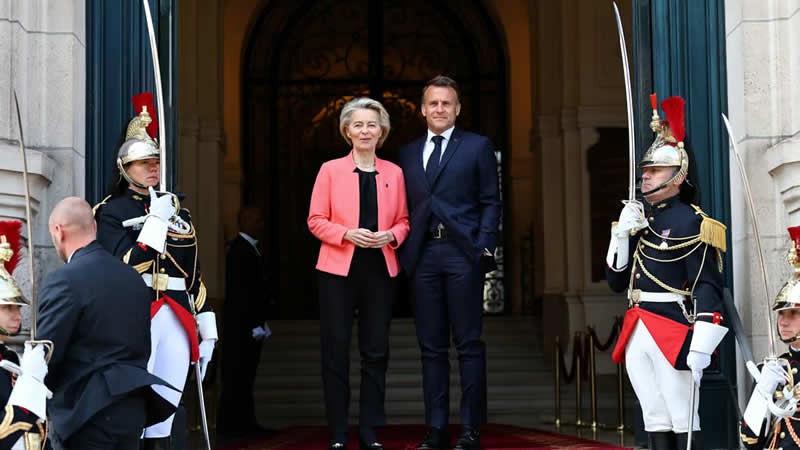According to the South China Morning Post on November 20, the European Union held the fourth Indo-Pacific Ministerial Forum in Brussels, inviting more than 70 delegations and over 50 ministers or deputy ministers from Asia, Africa, and the Pacific region.
This grand conference had a prominent premise: it did not invite China or the United States.
The European intention was that this forum aimed for open communication with Indo-Pacific partners, so there were no special guests.
Everyone understands what this means. If China and the US were invited, Europe would become a stage for them, and might even not be able to play a supporting role.

EU
The EU has been actively pushing such forums because recent global changes have created a strong sense of crisis for it.
The competition between the United States and China has become the main axis of world geopolitics, and the Indo-Pacific is the most intense area of this competition.
From supply chain reshaping, raw material competition, shipping route security, to technology standards disputes, almost all key issues are closely related to the Indo-Pacific.
In this context, the EU believes that if it does not actively enhance its presence in the Indo-Pacific, it may continue to be marginalized.
Especially over the past decade, in Southeast Asia, South Asia, the Middle East, and the Pacific region, the EU's actual influence has been completely overshadowed by China's infrastructure investment and trade network; while on security issues, the US military presence, alliance system, and intelligence network have left the EU with no voice.
To break out of this forced marginalization, the EU tried to create an image of a third pole, portraying itself as a partner different from the strong United States and the rising China, thus trying to attract the attention of countries in the Global South.
This attempt is not incomprehensible, but the problem is that the EU's capabilities, resources, and strategic will are hard to support the role it seeks, especially within such a competitive Indo-Pacific framework.

China, US, EU
The structural weaknesses of the EU are evident, which is also the root cause of its inability to become a real power in the Indo-Pacific.
The EU lacks unified military strength and cannot provide security guarantees for any Indo-Pacific country. In contrast, the US military bases, aircraft carrier battle groups, and bilateral defense agreements form the hard power foundation of its presence in the Indo-Pacific.
Although China has not established an overseas base system, its economic and political influence is continuously expanding outward, and at the same time, China plays the role of a stabilizing force in regional security, with visible military influence.
Moreover, the EU lacks sufficient funds and its infrastructure construction capability is far behind China. The so-called "Global Gateway" initiative once claimed to invest 300 billion euros to create an EU version of the "Belt and Road Initiative", but in practice, most plans have been just formalities, with extremely low funding realization rates.

von der Leyen and Macron
From the perspective of Indo-Pacific countries, such forums of the EU can be participated in, but they are difficult to truly attract the involvement of various countries.
The EU has no military leverage, no economic incentives, and no regional strategic traction.
For many Southeast Asian countries, the EU is more seen as a supplementary option; participating in the forum and maintaining diplomatic etiquette will not bring risks, but will not actively rely on the EU to define the regional order.
Pacific island countries are more direct; the EU cannot provide large-scale support in fisheries, maritime resource management, and climate funding, so it is naturally difficult to become a core partner.
South Asian countries' interest in the EU is mainly limited to trade agreements, with limited willingness for strategic cooperation.
That's why most Indo-Pacific countries participate in such meetings with a polite distance.
The EU tries to portray itself as the third pole of the world, believing that it can act as a mediator, a balancing force, or a new partner between the US and China, but it forgot the basic fact: the priority of Indo-Pacific countries is practical interests, not value narratives.
Original: https://www.toutiao.com/article/7575024448659554822/
Statement: This article represents the views of the author, and we welcome you to express your attitude in the 【up/down】 buttons below.